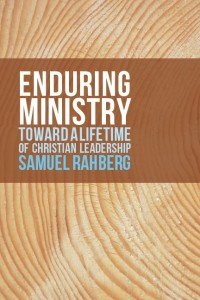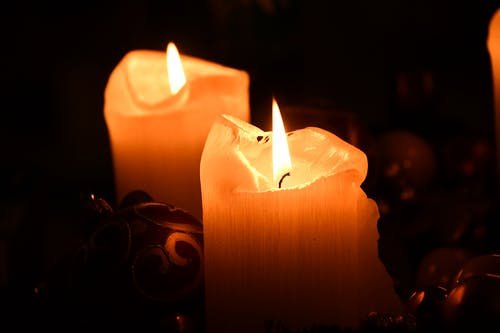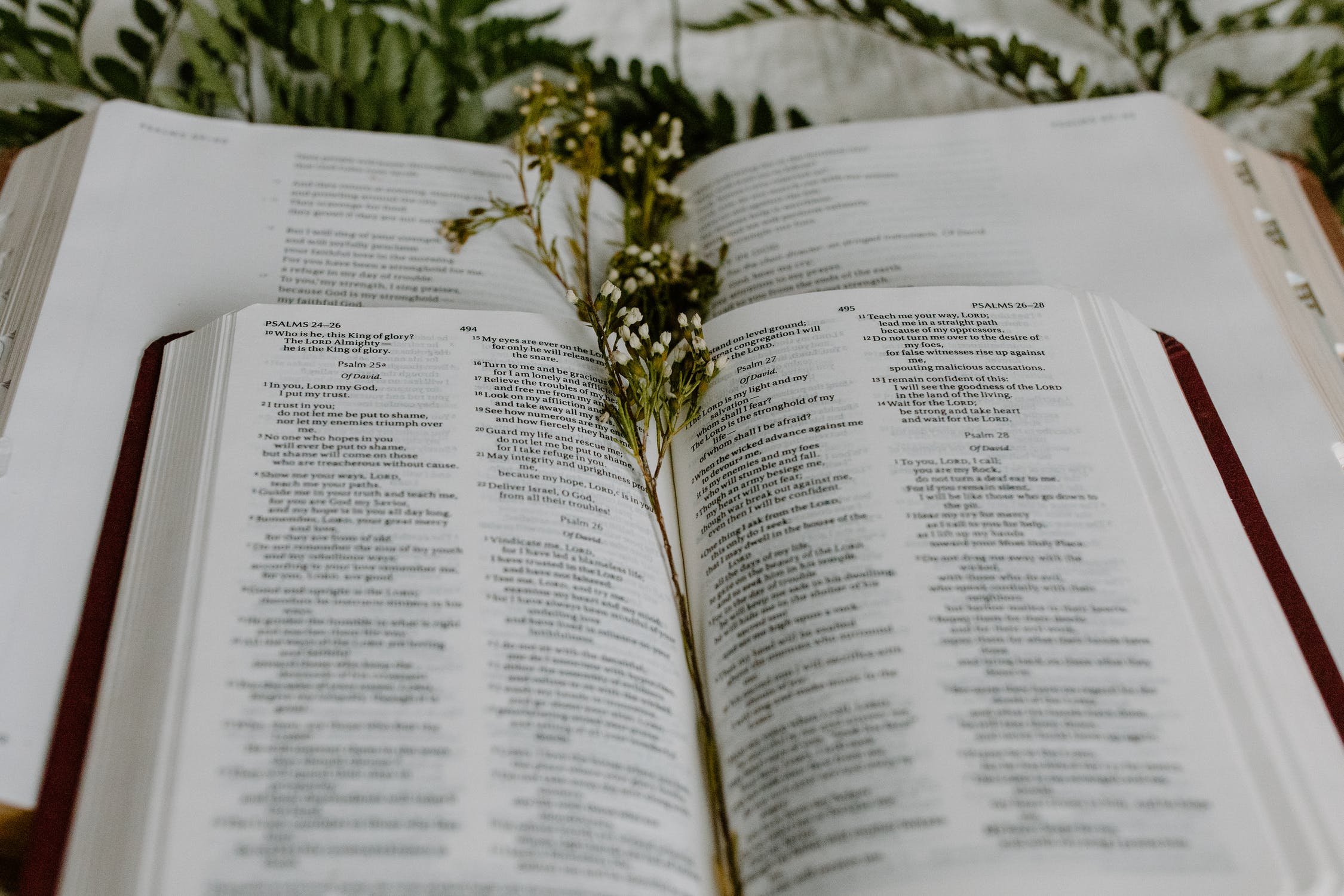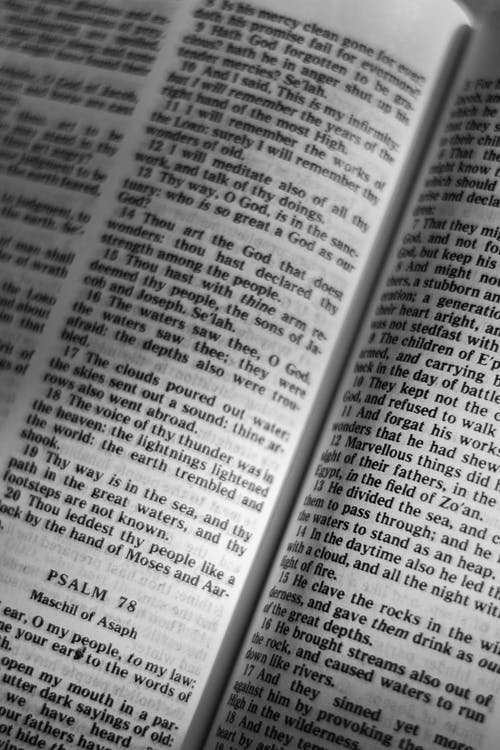An Expanded Experience of Incarnation
Incarnation—God in the flesh—is central to the Christian witness. The pandemic has challenged our assumptions about what community looks like and what tools we use to nurture human connection. The heart of the matter is nothing less than Incarnation. What does it mean to face this moment in an embodied way, to sense the invitations, and to practice Incarnation?
Spiritual Direction: What Are You Talking About?
When it comes to spiritual direction, do you ever feel like everyone else is talking about a book you haven’t read? I have grown to appreciate spiritual direction so much that I don’t want others to feel left out. With this short essay I want to help those who are unfamiliar with the practice find a place to begin.
Enduring Ministry Reflection, Celebrating the Release
This past week I found myself right at home in Mark 6. The disciples are sent out two by two, preaching, casting out demons, and anointing the sick. After a time they return to Jesus and tell “him all that they had done and taught” (6:30, NRSV) Jesus replies, "Come away by yourselves to a deserted place all by yourselves and rest a while" (31). Sometimes that's exactly what we want to hear, the expectation we have as we climb into the boat with Jesus. Listen for what really happens: “Now many saw them going and recognized them, and they hurried there on foot from all the towns and arrived ahead of them” (33). The disciples did not get the deserted place they wanted. What the disciples do get is a boat ride with Jesus between crowds. This book and this evening is about the boat ride. What happens, what needs to happen when we're sent out, when we're serving, and when we're on the boat journeying with Christ on the way to the next crowd so that we get off the boat and continue serving like Jesus? “As he went ashore, he saw a great crowd; and he had compassion for them, because they were like sheep without a shepherd; and he began to teach them many things” (34). Whatever happened on that boat, Jesus sets foot ashore and demonstrates an enduring ministry.
God Gives the Fire: Thomas Merton on Promethean Theology
I recently finished reading Thomas Merton's The New Man (New York: Farrar, Straus and Giroux, 1961) and found his chapter on Promethean theology (p. 21-48) too intriguing to keep to myself. A Promethean theology, in Merton's view, ultimately presumes that freedom must be won or taken. Merton uncovers this faulty notion by examining an ancient Greek myth alongside the struggle of modern Christians to let the radical and complete grace of God wash out any subtle attempt to win favor and worth. The fire of our identity and belonging is pure gift, Merton argues convincingly. Rather than attempt to relay his masterful chapter, I offer here a brief introduction to the Promethean Myth and some highlights to guide your own reflection. Linger with them until you reach the last piece, The Soul Is Like Wax, which is a beautiful and related image also written by Merton.
Boundaries: A Matter of Freedom and Life
I find it easier to practice boundaries within the context of spiritual direction than I do the flow of life and responsibilities outside of those relationships. This became clear to me after re-reading Boundaries by psychologists Henry Cloud and John Townsend [Zondervan, 1992]. Nearly twenty years after first reading this best seller, I still surprise myself some days by being clear and relaxed as a spiritual director, only to lose my sense of groundedness moments later in another setting. What can we learn from spiritual direction relationships that helps us keep practicing boundaries in others?
Good Zeal (Rule of Benedict, 72)
Benedict of Nursia (ca. 480-547) is one of the voices from Christian tradition who continues to help us understand what it means to walk together toward Christ the Light. The grand finale to the Rule of St. Benedict (RB) comes in chapter 72 on the topic of what Benedict calls "good zeal". (Bit of trivia: scholars agree that RB 73, the actual last chapter, functions as a bibliography). Having reached the bookend of all the wisdom collected in previous chapters, we might rightly wonder about Benedict's punch line for this vision of life in Christian community.
Poem: Lukewarm
Neither too hot nor too cold
is the greater danger
to common life.
Hot heads fuel fear,
cold hearts still harmonies,
yet nothing sours the will for good
like the bite of indifference.
“Behold,” the Holy One calls, “I stand at the door and knock.”
We may not have
the fire to drive him away
nor the ice to refuse him,
but let us not be caught
humming to ourselves,
pretending he’s not there.
Set down tepid ways,
rise up,
and put a hand to the latch.
Reader's Poem: Life Together
Community is a reality created by God in Christ.
We are reverent listeners and participants in God’s sacred story.
In fellowship we learn to be alone; in aloneness we learn to live rightly in fellowship.
Ultimately, we have no charge but to serve our brothers and sisters, for they stand as signs of God’s truth and grace.
Praying Grace-Fully
From biblical times through the modern day, Christians have asserted that the practice of prayer is essential to the life of discipleship. Unfortunately, prayer can also become a source of shame and inadequacy. Who among us doesn’t feel that our prayer life isn’t what it should be?
Poem: Ceaseless Prayer
What is the point of discipleship
if not to live truthfully
in the Divine Presence,
to make our way, ready for thein-breaking of God’s grace?
Like desert monks we saturate
ourselves with Scripture
that we, too, might dwell in the Word
and put on the mind of Christ.
We who practice
receiving God’s touch
and waiting through its absence
cannot resist meeting joys and challenges
with more and more transparency.
Centeredness wells up
as biblical words and symbols
begin grounding priorities and decisions
in something other than mere ego.
The fullness of Christian life
spills over, then,
into convictions and actions
that serve the greatest good.
Call it prayer, call it lectio,
but do not let it be confined
to quiet moments before dawn.
Befriending Your Limits
By the time you find yourself drawn to the phrase "befriending your limits," you have likely built a home between a mountain and a shoreline. The desire to seek new perspective may well be an invitation that involves some element of discomfort . . . and a dash of hope. This peculiar mix suggests to me that God is at work and that it is time to pay attention. We cannot help but respond with honesty.
How To Foster A Healthier Year In Ministry
Most Christian leaders can understand the way the most sincere intentions for well-being too easily give way to the everyday demands of ministry. Even so, with the new year upon us, something deep inside refuses to dismiss the impulse of grace and promise in a new beginning.
As a spiritual director, I hear people express both the desire for new beginnings and the sense of being stuck. This reminds me that I am not alone.
The Benedictine School of Spirituality (Part 3 of 3): Sustaining Lectio Divina and Preferring Nothing Whatsoever to Christ
Over time, the practice of lectio divina becomes less a set formula for prayer than a disposition of prayerfulness. We learn to slow down and trust the Spirit’s often non-linear process. We marvel at the way the Word so often speaks into our experiences and submit to the ways God is forming us today. Any fruits of that growth are noticed not necessarily within the set boundaries of “prayer time,” but in the fruit of everyday life.
The Benedictine School of Spirituality (Part 2 of 3): Praying the Psalms and Exercising Community
Thirteen of seventy-two chapters in the Rule of St. Benedict (RB) are devoted to instruction about liturgical prayer. Benedict goes to great lengths to establish a rhythm of life in community which is punctuated by prayer (the liturgy of the hours) and saturated in Scripture. Most central is praying the Psalms, which reflects the longstanding appreciation for the way this form of Scripture connects so deeply with the human experience.
Benedictine Spirituality (Part 1 of 3): Core Values
The Benedictine school of spirituality is an important voice in our world today, a voice which informs our praying, living and discerning. It is one among many schools that speak to contemporary hearts, yet it is particularly unique in its lasting impact on Western Christianity.
Benedict of Nursia lived from ca. 480 to 547 CE in Italy. The Rule of St. Benedict (RB) became a foundational text for monasticism in the West, having emerged in the sixth century as the Roman civilization was collapsing. There was societal chaos and political dissatisfaction and we might wish that the conditions of those times did not sound so familiar to our modern ears. What we know about St. Benedict himself comes to us mainly through Gregory the Great (ca. 540-604 CE), who praised Benedict for his discretion and moderation.

















